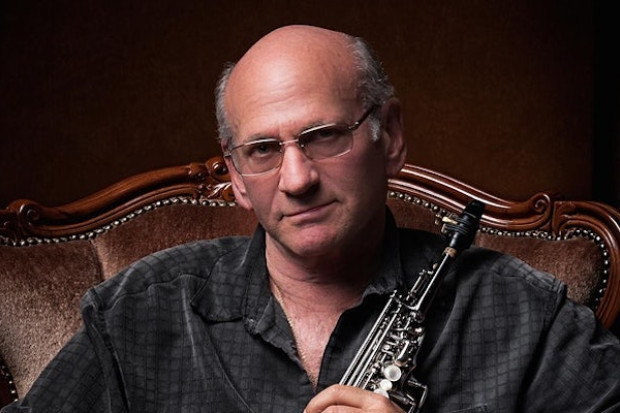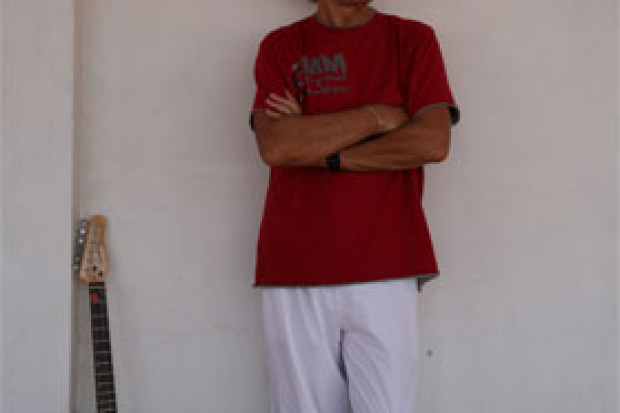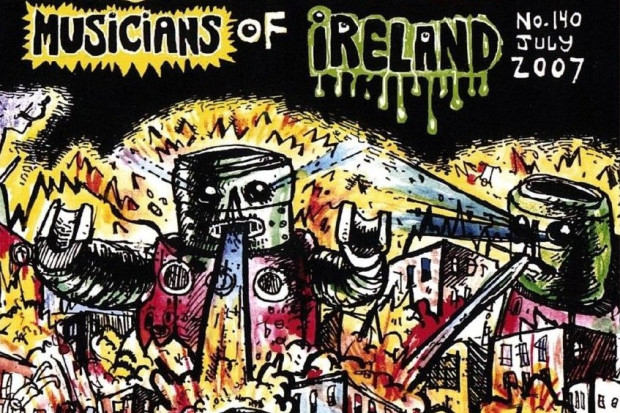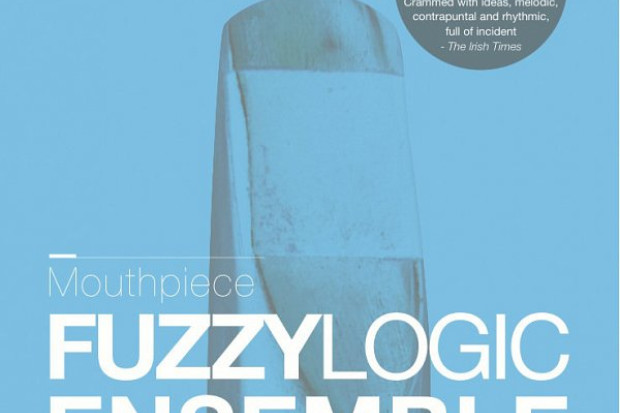Live Reviews: Fred Hersch Trio
When pianist Fred Hersch appeared on the New York jazz scene 30 years ago, he was routinely described as a disciple of Bill Evans. His performance at the Pavilion Theatre in Dún Laoghaire last November made clear that this influence persists: the delicate touch, the song-like compositions, the highly focused powers of interpretation, even the hunched, physical intimacy with the keyboard.
But the Pavilion gig also showed how Hersch has long moved beyond the Evans model and into the forefront of contemporary jazz pianists. Appearing with bassist John Hebert and drummer Eric McPherson, he presented a programme of standards, jazz repertoire and originals distinguished by their lucidity and range, and played with a seemingly effortless technical bravura all the more remarkable for the grace and subtlety of his touch.
The first set was dominated by Hersch’s own compositions, which, like his interpretations of the American songbook, are characterised by intense lyricism and charm. ‘A Lark’, dedicated to Kenny Wheeler, opened the evening with impressive melodic sweep, followed by ‘At the Close of the Day’, taken from Hersch’s 2005 suite of songs based on the poetry of Walt Whitman. The full, florid ‘Rain Waltz’ was then contrasted by ‘Black Dog Pays a Visit’, a meditation on depression composed entirely of minor chords and given muted but dramatic urgency by Hebert’s somber bass lines and McPherson’s delicate use of mallets.
This impressive original output was balanced in the second set by pieces from some of Hersch’s favourite jazz composers, including Wayne Shorter, Duke Ellington and Thelonious Monk. An attentive scholar of piano styles, he approached the work of these giants with utter respect, yet delivered readings that were thoughtful and original. An intricate Shorter medley, ‘Miyako’/‘Black Nile’, was handled with matter-of-fact panache. In an age when almost every jazz pianist feels obliged to rise to the Monk challenge, Hersch’s version of ‘In Walked Bud’ avoided the angular rhythms favoured by most, opting instead for an even pulse to explore the tune’s structure and unique harmonic distortions.
Like Sonny Rollins, Hersch really cares about the tunes he’s playing, using their melody as well as structure to create pieces that are memorable and inspiring. This skill was most apparent in Ellington’s ‘Mood Indigo’, an emotionally thrilling version full of blues feeling and judicious use of Hersch’s stunning technical devices, mined as much from the classical tradition as from jazz.
By the concert’s close, no one could doubt what Hersch’s ample and varied discography has proven so well: that he is one of the contemporary masters of the instrument. And in a programme full of wonder, his solo encore, the original ‘Valentine’, as fresh and light as a raindrop, ensured that the audience left the theatre entranced.
Published on 1 January 2008
Kevin Stevens is is a Dublin-based novelist and writer on history, literature, and jazz.















